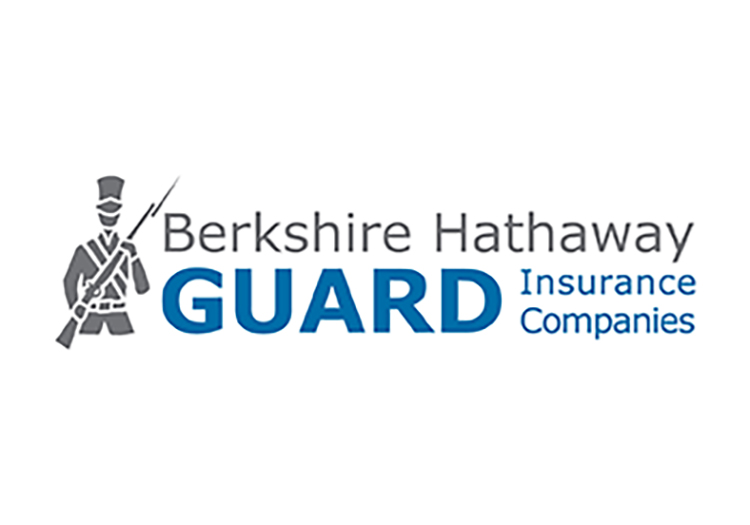Risk Insider: Mike Benishek
Go the Extra Mile
“The claimant” is a farmworker and works hard, preparing the fields, planting the tomato seedlings, cultivating them and finally harvesting them. One morning “the claimant” was injured on the job. “The claimant” was walking between the rows of tomato plants, stumbled on the uneven dirt, twisted a knee and severely sprained it.
“The claimant” was transported to the local medical facility. “The claimant’s” spouse was contacted to let them know what happened, and also informed them that they could pick up “the claimant” when released by the doctor.
The doctor gave “the claimant” a knee brace and a cane. He then prescribed some medications to reduce the swelling and eliminate the pain. He put “the claimant” on “off work” status for one week. “The claimant’s” family arrived and took “the claimant” home.
I absolutely hate the term “the claimant” …
“The claimant” could also be called an “injured worker,” an “injured employee” or an “injured co-worker.” Perhaps “the claimant” could actually be called a human being or a person. Better still, how about if we call them by their name …? The name of “the claimant” is Maria.
Maria’s husband and son came to the office asking about the medical bills, the pharmacy bill and any pay that she would be eligible for. We answered their questions and assured them that Maria still had her job when she was released from medical care. They were afraid that she would be fired for being injured.
Perhaps “the claimant” could actually be called a human being or a person. Better still, how about if we call them by their name …?
Later that week the WC claim adjuster called me. She was all excited. During the interview with “the claimant” she had admitted that she was in this country illegally. “You need to get rid of her,” was the point of the conversation.
Our farmworkers immigration status is verified by the Florida Department of Economic Opportunity, so I checked with HR to review Maria’s documents. They looked in the electronic file and did not find the DEO Form 516. I remembered the HR staff complaining about the “new software program,” so I asked to see the original hiring documents, and there it was. It had simply not been “scanned” into the electronic system.
I called the adjuster back and asked if the conversation with Maria was in English or Spanish. “English, she seemed to understand the questions so I did not use an interpreter,” was the answer. I suggested that with Maria’s Spanish accent, she may have heard “illegal” when Maria was actually saying “I Legal”. I informed the adjuster that we had the signed DEO Form 516 and that Maria is indeed legal.
Had I relied on the adjusters initial comments, Maria would probably have been terminated. She would possibly retain an attorney, litigate, and ultimately prevail in court. I avoided the potential EEOC claim and the WC retaliation claim, by doing my homework.
I went the “Extra Mile” for my co-worker Maria. Would you do the same?










